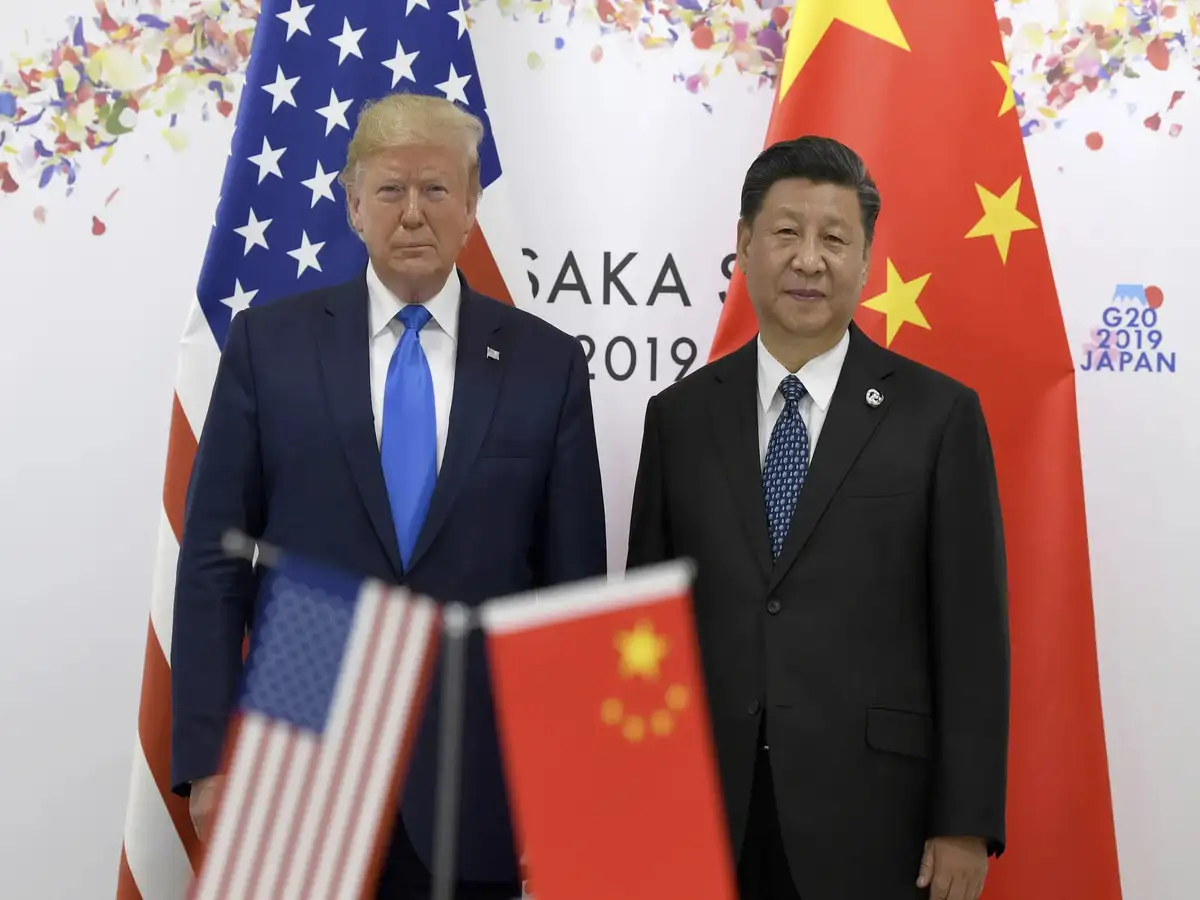China Rescinds Boeing Ban Following US Trade Truce

China has officially lifted its month-long ban on Boeing aircraft deliveries, a decision that follows recent trade negotiations with the United States. This breakthrough is part of a tentative agreement where the U.S. has significantly reduced tariffs on most Chinese imports, while China has reciprocated by lowering its duties on U.S. goods. As a result, state-owned airlines in China have been informed that they can resume accepting deliveries of U.S.-made aircraft, providing a much-needed boost to Boeing amid ongoing challenges.
Resumption of Deliveries
Chinese authorities have begun notifying state-owned airlines and aviation agencies that they can restart deliveries of Boeing aircraft. Airlines now have the flexibility to manage the timing and logistics of these deliveries according to their operational needs. This decision comes as a relief to Boeing, which has faced numerous challenges, including safety concerns and production issues, compounded by the impact of global trade disputes. The resumption of deliveries is expected to alleviate some of the financial strain on Boeing, as the company had around 50 planes earmarked for Chinese carriers this year. The handover of these jets will also trigger a new round of payments for the aerospace giant.
Significance of the Chinese Market
China is projected to account for 20 percent of global aircraft demand over the next two decades, making it a vital market for both Boeing and its European competitor, Airbus. In 2018, approximately 25 percent of Boeing’s production was directed towards China. However, relations between the two nations have soured since then, primarily due to escalating trade tensions and a series of safety and quality issues that have plagued Boeing. The recent thaw in relations signals a potential shift in the dynamics of the aerospace market, with both companies keen to regain lost ground in China.
Background of Trade Tensions
Boeing’s difficulties in China intensified following the Trump administration’s imposition of tariffs, which prompted retaliatory measures from Beijing. Consequently, the Chinese government prohibited local airlines from accepting new Boeing deliveries, leading to some aircraft being returned to the U.S. In response, Boeing sought alternative markets, including India, Malaysia, and Saudi Arabia, to mitigate the impact of the ban. The recent trade talks have opened the door for a possible normalization of relations, with China indicating a willingness to ease restrictions on certain American products.
Future Outlook
Despite the positive developments, uncertainties linger regarding the long-term stability of this agreement. A spokesperson for Boeing has refrained from commenting on the recent changes, and the Civil Aviation Administration of China has yet to release an official statement. The three-month reprieve from the ban may be temporary if broader trade negotiations do not lead to a lasting resolution. As both nations navigate this complex landscape, the future of Boeing’s operations in China remains closely tied to the evolving trade relationship between the U.S. and China.
Observer Voice is the one stop site for National, International news, Sports, Editor’s Choice, Art/culture contents, Quotes and much more. We also cover historical contents. Historical contents includes World History, Indian History, and what happened today. The website also covers Entertainment across the India and World.
Follow Us on Twitter, Instagram, Facebook, & LinkedIn

